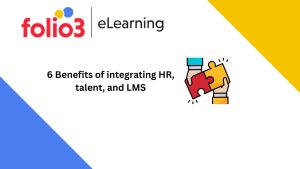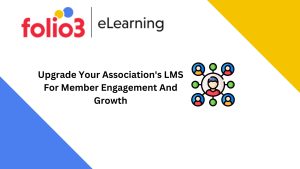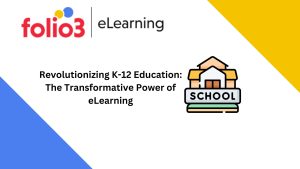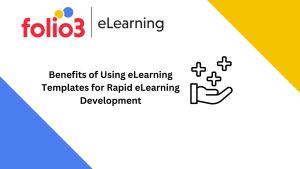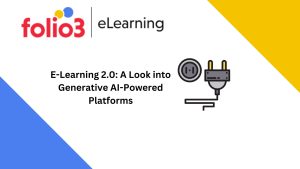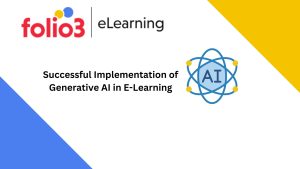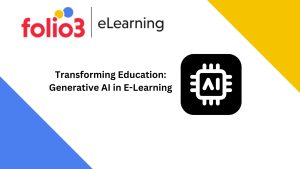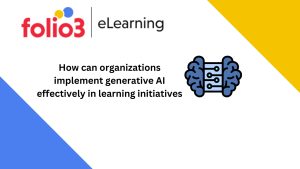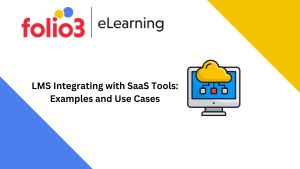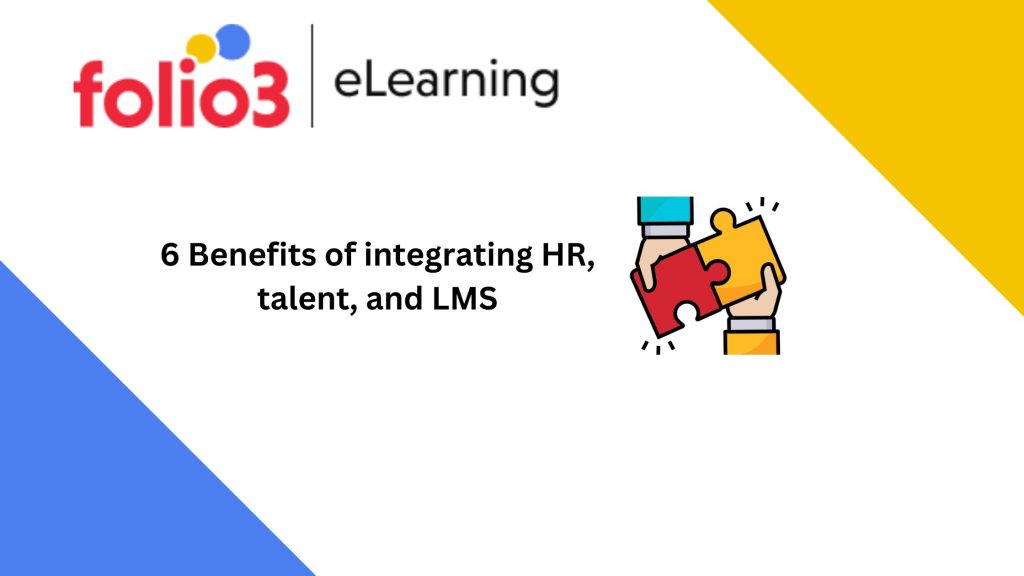
Executive Summary:
The benefits of integrating HR, talent, and LMS outline the many advantages organizations can obtain by combining these essential systems.
Introduction:
To remain competitive in the ever-evolving environment of modern business, businesses need to constantly adapt and change. The efficient management of talent, learning, and human resources inside the company is a crucial component of this progress.
Many businesses are using LMS development companies to seamlessly integrate their HR, personnel, and learning management systems (LMS) to do this. Operations are made simpler by this integration, which also has several important side effects.
The benefits of integrating HR, talent, and LMS capture the transformative potential that results from aligning these vital components.
Before going into the benefits of integrating these vital systems, it’s critical to understand that an LMS development business is necessary to tailor and coordinate these instruments to an organization’s particular requirements.

In this blog, we’ll examine each of the integrations’ 6 main advantages
6 Advantages of Integrated Systems
- Streamlined Data Management:
six major benefits of integrating HR, talent, and LMS platforms is centralized data management. Thanks to this revolutionary feature, all important data; such as personnel details, performance indicators, and training materials is kept in one convenient location.
This consolidation greatly reduces a number of administrative procedures in addition to simplifying data storage. Since the data moves effortlessly across these connected systems, there is no longer a need for manual data entry, and the possibility of errors is reduced.
Making educated decisions in the areas of performance appraisal, compliance, and personnel management depends on this accuracy.
Moreover, the LMS development company plays a crucial function in guaranteeing the seamless execution of the integration procedure. Their proficiency in developing personalized solutions guarantees data synchronization that is effective, safe, and catered to the particular needs of the company.
- Better Employee Onboarding:
When a system is well-integrated, it facilitates the easy transition for new hires from the hiring stage to training and development. The LMS, talent management, and HR work in perfect harmony to enable this seamless journey.
This integrated strategy is unique in that it can automate onboarding procedures. This automation guarantees a uniform onboarding experience for each new hire while simultaneously increasing efficiency.
A new team member has instant access to training materials and resources via the LMS as soon as they walk through the door. This facilitates a quicker and more efficient onboarding process by allowing them to start their learning journey right away.
- Enhanced Talent Management:
With this integration, HR managers may see the whole talent pool within the company. It changes how talent is found, evaluated, and developed. Using this all-encompassing viewpoint, HR departments can more effectively discover high-potential workers and foster an atmosphere that values and rewards talent.
An important benefit is the enhanced capacity for succession planning. HR can quickly find suitable replacements for important jobs inside the company, lowering the chance of unexpected openings in vital functions. When leadership changes are required, this strategic forethought facilitates a smoother transition and reduces disturbance.
The integrated system also makes performance evaluation easier. HR may precisely assess an employee’s growth and accomplishments by using real-time data from the LMS.
- Customized Learning Routes:
This function makes use of the abundance of information held in HR and talent management systems to design learning routes that are precisely matched to a person’s professional objectives, skill gaps, and performance areas that require improvement.
It’s similar to having a personal learning coach that helps every worker with their growth path.
The learning management system (LMS) can make recommendations for particular courses, modules, and training materials that are not only pertinent but also strategically aligned with an employee’s career goals by utilizing HR and talent data.
When an employee shows interest in project management, for example, the linked system can recommend appropriate training programs and certifications.
In addition, specialized training materials might be suggested if an employee’s performance data points to a particular area that needs to be improved.
- Real-time Performance Tracking:
By doing away with the customary yearly or biannual reviews, this shift enables firms to continuously monitor and evaluate employee performance.
Managers can quickly grasp the progress of their staff members and pinpoint areas that need more help, direction, or training thanks to real-time tracking.
This approach’s ability to leverage data from talent management and HR systems is one of its pillars. Managers can recognize performance gaps quickly and take appropriate action.
Before the problem gets worse, an employer can provide more training or coaching to a worker who is having difficulty with a particular task or ability.
- Compliance and Certification Management:
Upholding industry standards of compliance is a constant struggle for businesses subject to strict rules.
For regulatory compliance as well as general operational excellence, staff members must have the necessary certificates and renew them on schedule.
This intricate process is made more automated by the integrated system, which combines HR, talent, and LMS. The LMS can automatically track certifications and compliance requirements when it is incorporated with the organization’s wider management systems.
The LMS maintains a careful log of all certifications, including expiration dates and procedures for renewal. This guarantees that the company is informed about the current state of every worker’s credentials.
Conclusion:
Integrating talent management, HR, and learning management systems is revolutionary in a world where talent management, employee development, and compliance are essential to an organization’s success.
It is impossible to overestimate the advantages of more efficient data management, better onboarding, more effective talent management, customized learning pathways, real-time performance tracking, and compliance management. Working with a reliable LMS creation provider is crucial to maximizing these benefits.
By doing this, your company can build a unified ecosystem that enhances operations and gives your employees the tools they need to prosper and adjust to the rapidly shifting business environment.

